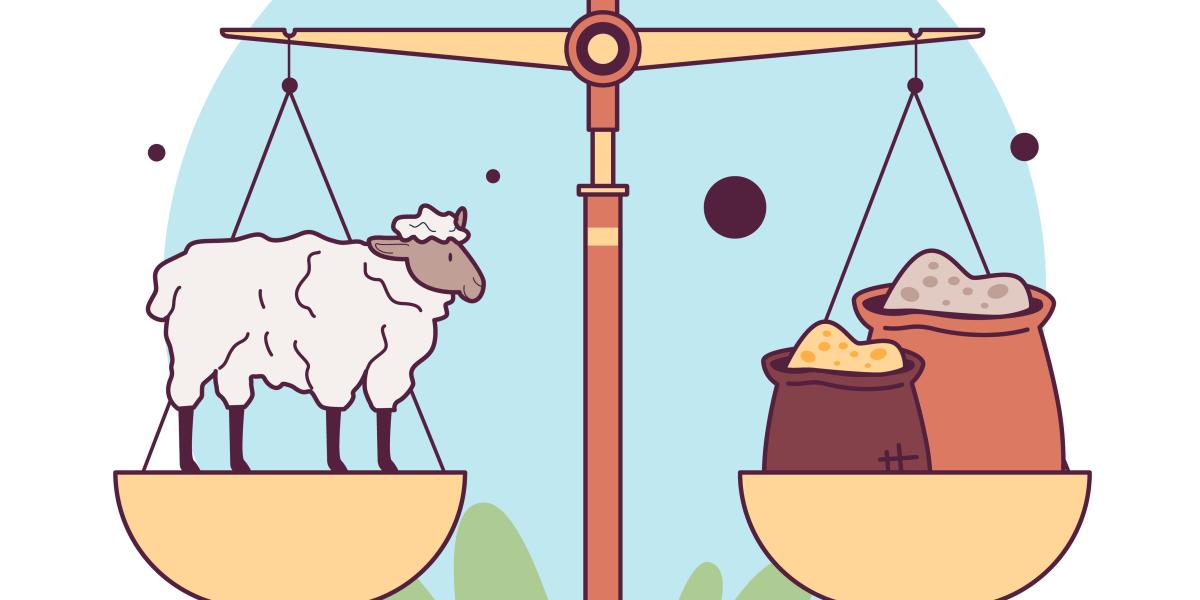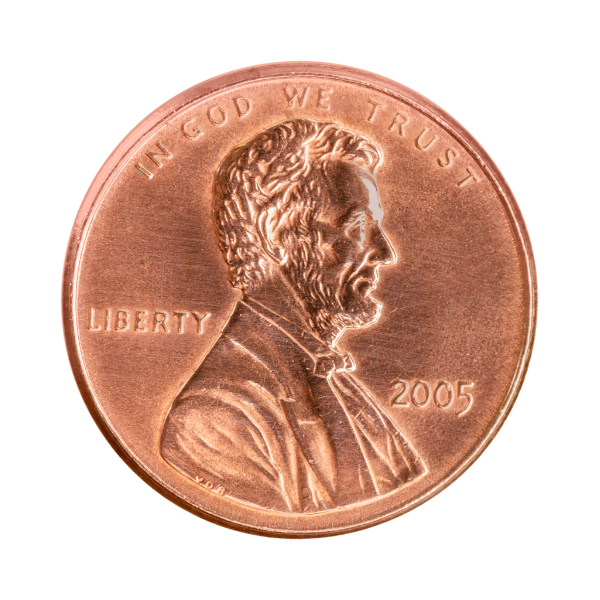Here’s an ET explainer on credit card interest rate rules and how to avoid falling into the credit card trap.
How do credit cards work?
Credit cards can be used to pay bills and for shopping both online and offline provided the total payment is within the credit limit provided by the issuer. Credit card issuers offer interest-free credit periods ranging from 20 to 50 days. It is typically the period between the date of your purchase and the next payment due date.
When is the interest rate charged on credit card dues?
If a cardholder fails to pay the full outstanding dues within the due date, it attracts both penalty and interest on the outstanding dues. All the fresh transactions attract interest, known as finance charge, from the date of purchase till all the previous dues are settled. The same with any outstanding EMIs.
If the customer skips payment or pays less than the minimum balance before the due date, the issuer starts collecting interest on the total amount due from the date of transactions.
If any customer withdraws cash from an ATM using a credit card, it also attracts finance charges.Credit card interest rate varies from lender to lender and based on the type of card one holds.Does making the minimum payment save customers from paying finance charges?
No, even if a cardholder pays the minimum amount due, which is typically 5% of the total due, interest is charged on the remaining amount and on all the new transactions from the date of purchase.
When do customers lose the grace period benefit?
A cardholder will lose the benefit of interest-free credit if he/she does not pay the outstanding balance in full. After that, all new transactions attract interest from the date of purchase.
What happens to the credit score or credit bureau report in case of non-payment of outstanding dues?
If a card member fails to pay the minimum amount due stated in the monthly bill, it is considered as default and negatively affects the credit score.
How can one avoid falling into the trap?
In most cases, the issuer company calculates interest on a daily basis and therefore customers will face the effect of compounding increases. So, it’s better to fasten the seat belt before every purchase and be cautious that the outstanding bill should not exceed one’s monthly paying capacity. It’s also important to be mindful of the due date.








































